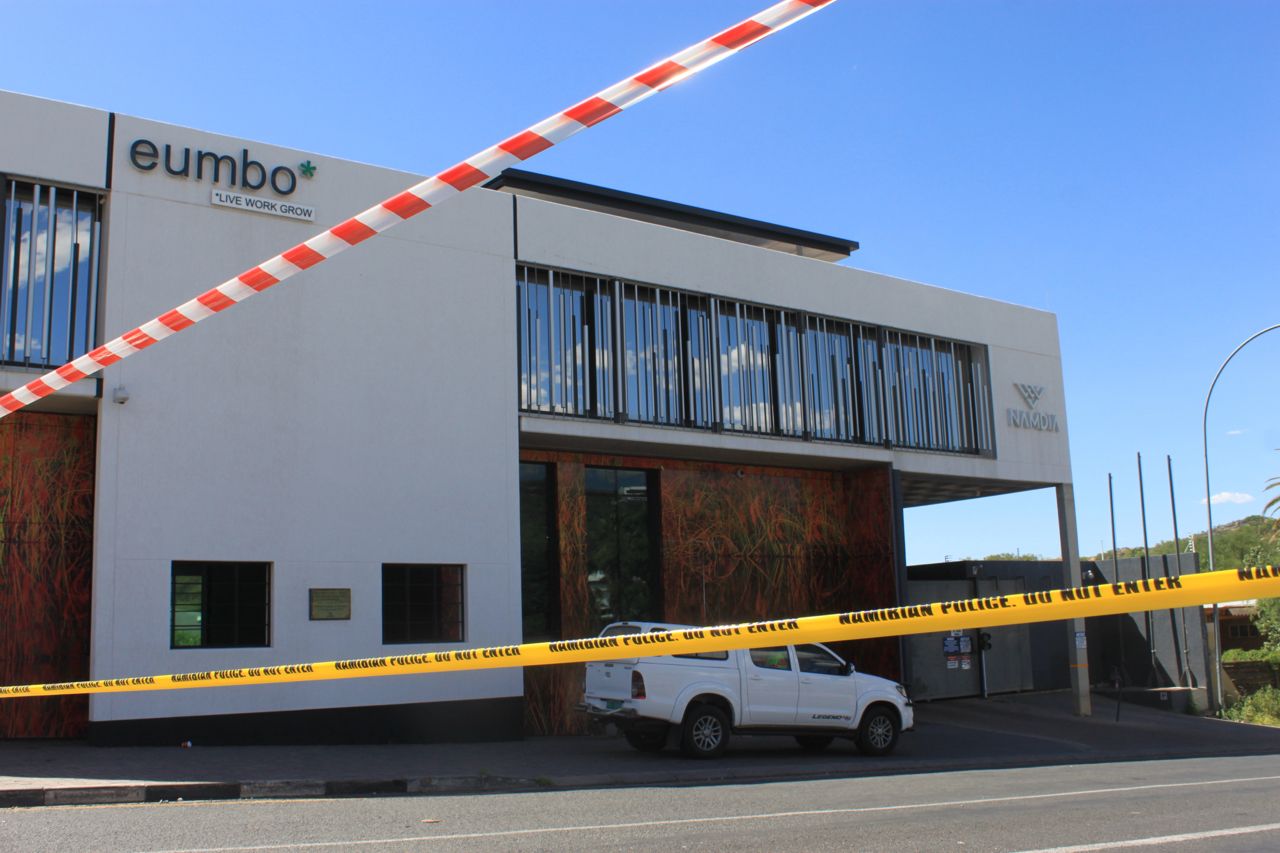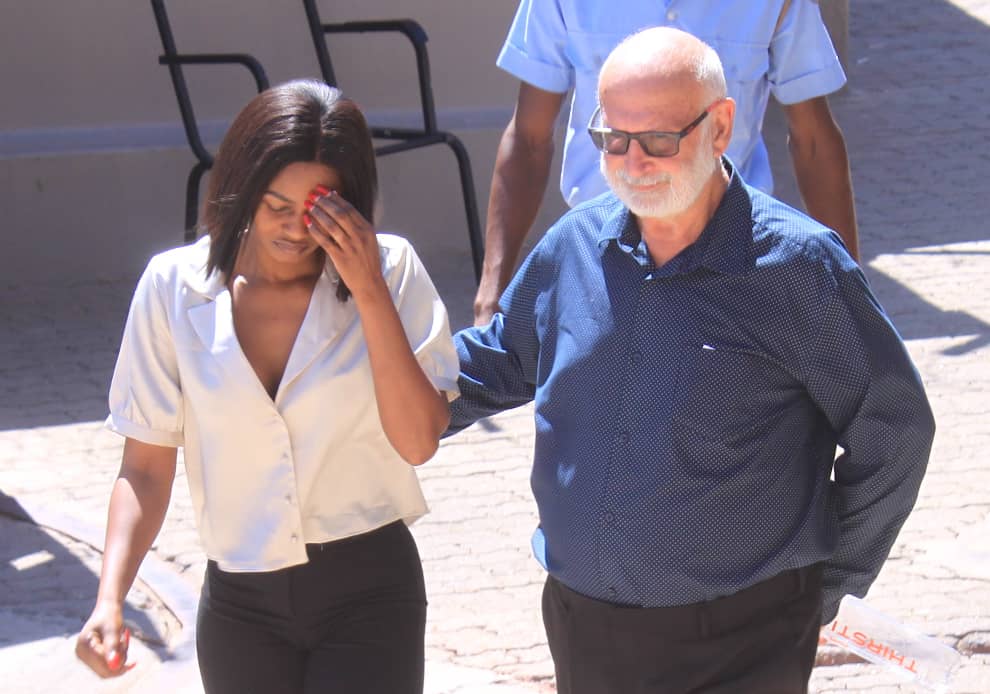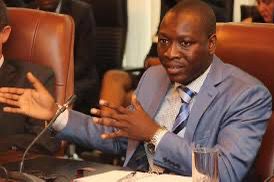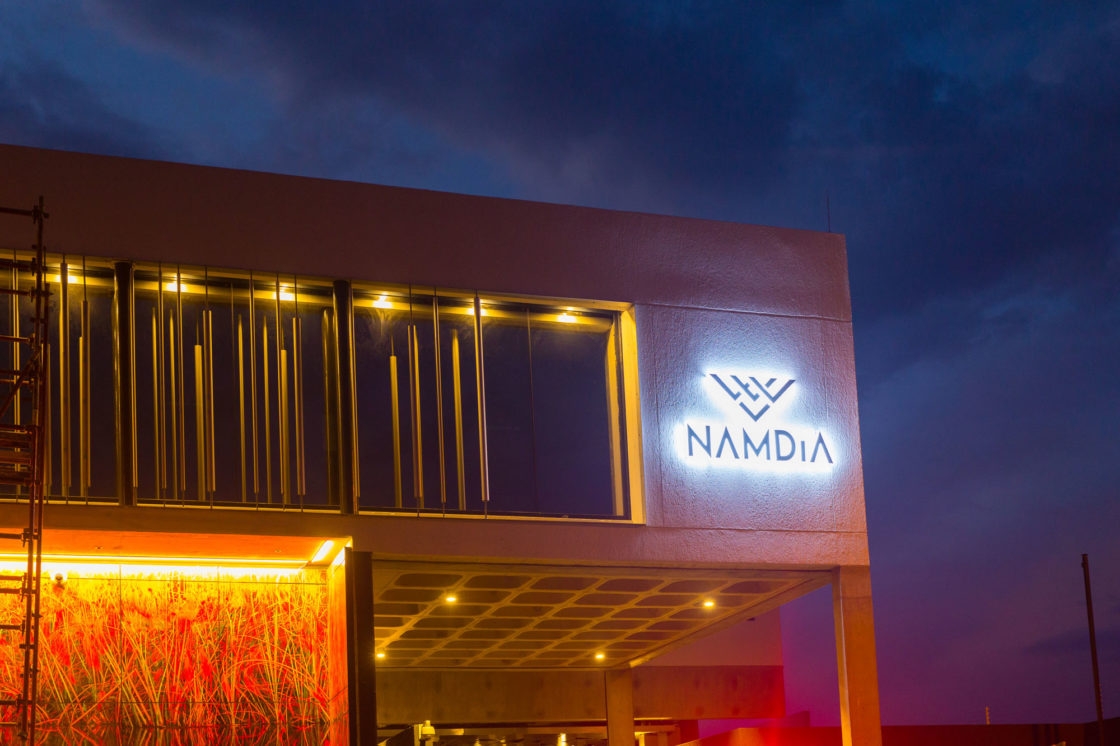UNITED NATIONS – The United Nations is quietly preparing an exit strategy for its troops in the Democratic Republic of Congo, the biggest UN peacekeeping mission in the world, diplomats and officials said.
Speaking on condition of anonymity, diplomats and UN officials said President Joseph Kabila was putting pressure on the UN and Security Council ahead of the country’s 50th anniversary next year to come up with a plan for ending the peacekeeping mission, known as Monuc.Monuc has been in the former Belgian colony since 1999 to help the government of Congo as it struggles to re-establish state control over the vast central African nation following a 1998-2003 war and humanitarian disaster which have killed an estimated 5,4 million people.’It’s partly a question of dignity,’ one Western diplomat told Reuters. ‘Kabila’s eager to show that his government’s reliance on UN peacekeeping is decreasing. It’s understandable. No leader wants to give the impression that he needs UN peacekeepers to stay in power.’Kabila, who won the country’s first democratic election in four decades 2006, is expected to run for re-election in 2011.In response to the pressure from Kinshasa, UN officials and diplomats said Secretary-General Ban Ki-moon’s next report on Congo would recommend the Security Council extend Monuc’s mandate for six months, instead of a full year.One official said this would give Monuc time to ‘develop with the DRC government proposals for the future direction of Monuc, including an exit strategy with benchmarks detailing critical tasks to be met before the mission’s drawdown.’Kinshasa’s UN ambassador Atoki Ileka told Reuters his government would like to discuss an exit strategy and favoured the idea of setting specific ‘benchmarks’ that would allow a phased withdrawal of UN troops and peacekeepers from his country, called Zaire until 1997.The diplomats and UN officials made clear the withdrawal of Monuc’s nearly 20 000 troops and police from the mineral-rich country would have to be done slowly.For this reason, the renewed mandate for Monuc the Security Council plans to approve next month will keep planned troops at unchanged levels, diplomats said.But there might be changes in the new mandate. One idea being considered is to shift Monuc’s headquarters from Kinshasa to the east, where the mission is most active, officials said.The long-term plan is to have a gradual shift away from peacekeepers to civilian experts focusing on reconstruction, security sector reform and fighting corruption.Also needed are education and training for the Congolese army, which UN humanitarian affairs chief John Holmes said has been guilty of ‘horrific crimes’ against civilians.- Nampa-Reuters
Stay informed with The Namibian – your source for credible journalism. Get in-depth reporting and opinions for
only N$85 a month. Invest in journalism, invest in democracy –
Subscribe Now!









